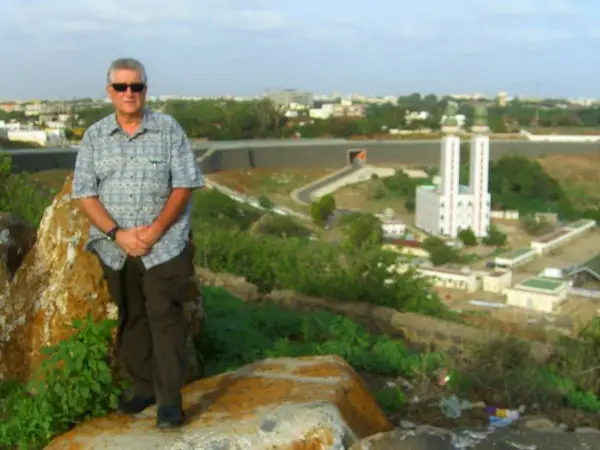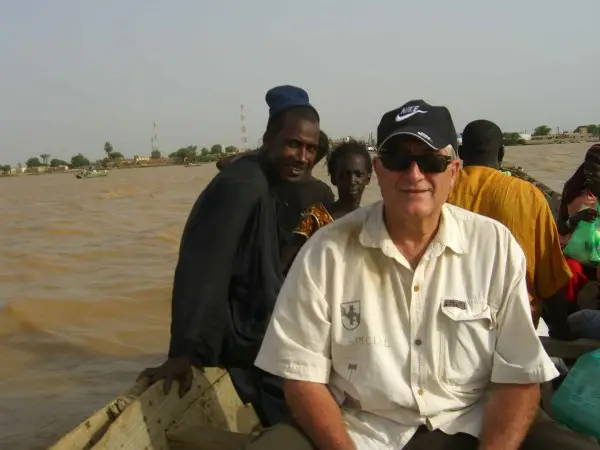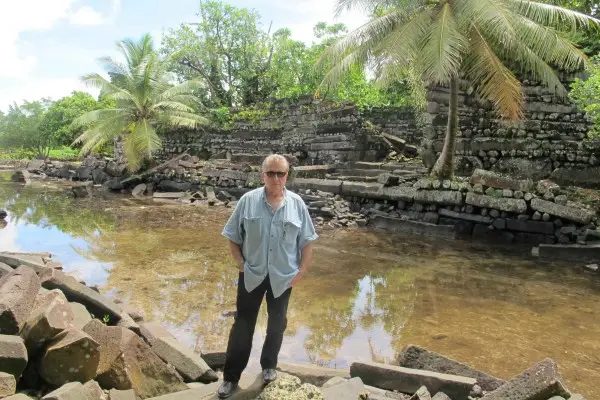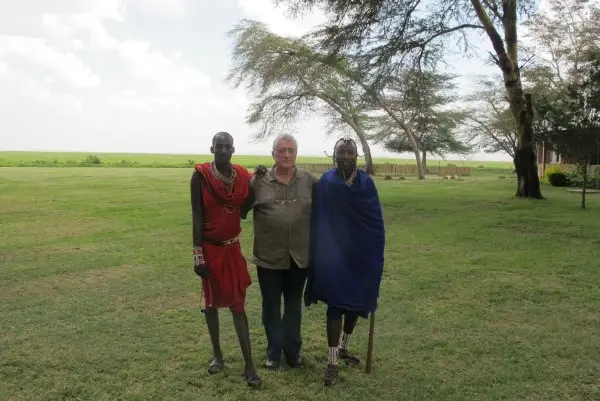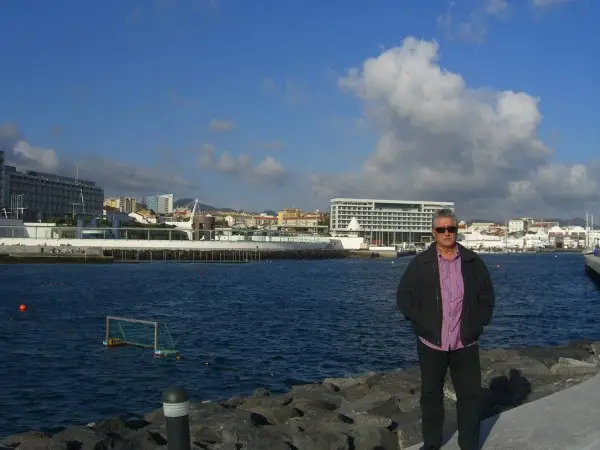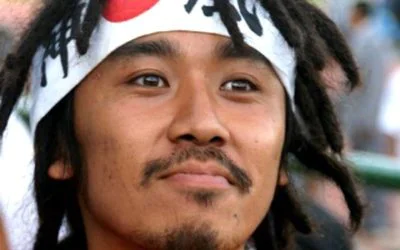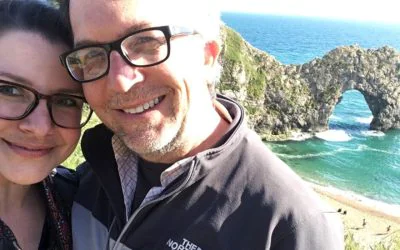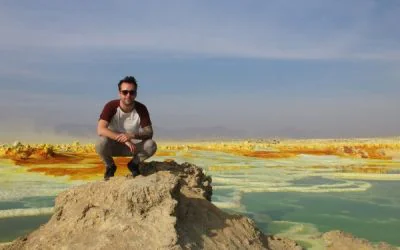Today we interview highly ranked Turkish traveller Selman Arinc, who is near to completing the quest to visit every UN country and is second-ranked in Turkey behind his contemporary Orhan Kural, who we also interviewed recently.
Selman, tell us something about your early years and Selman before becoming a traveller.
I started my travels at age 9 as an elementary school kid, accompanying my dad on his business travels throughout the country. My love and passion for traveling secured their place in my mind and heart afterwards, as years and experiences accumulated. I envisioned traveling the whole world back then. But my whole experience as a non-traveler was only consisted of my school and childhood years.
Tell us a story from your first travels that has great impact on that who you are today.
My first trip was a train ride to the south east of Turkey with my dad that took 20 hours within those days’ conditions.
After the first time in a journey of about 1000 km long, the desire to see and recognize new geographies and people was developed within me after seeing different geographies, cities, plants belonging to the region, local cuisine, different cultures and accents of the people I speak the same language with and region-specific music, local games and outfits.
What can’t you travel without?
A small and four-wheeled suitcase, a camera, a debit card, my vitamins, a first aid kit, sunglasses/sunscreen creams, suitable travel shoes and outfits, a notebook, pens, various maps, a charger, a compass, my notepad, a raincoat and a pillow cushion.
Do you prefer solo travel or with someone else?
In general, I prefer traveling alone. I find that this is the ‘real’ way to travel and experience a place without distractions; it is also a much better way to meet locals.
What was your scariest travel moment?
In Ulaanbataar, the capital city of Mongolia, in a windy and rainy weather, the front tire of the 4×4 Jeep we were in exploded out of nowhere and despite the mastery of our driver, we were dragged up to 150 m on a muddy and slippery road and could barely stop and we barely survived death.
What’s the worst piece of travel advice you’ve received?
As a principle, since my ideal and ambition are to see all the countries around the world, I consider all travel suggestions I receive as very positive. So far, I can’t say I’ve ever gotten a bad travel suggestion.
Strict schedule or go with the flow?
Since I prefer to explore the countries that are on Turkish Travelers Association’s list, and to see all of them in seasonal conditions, I generally make plans. Though very rare, I tend to go with the flow while evaluating occasions and opportunities to make some of the travels.
If you were condemned to one country for the rest of your life, which one would you choose?
Austria. It combines all the elements I appreciate in a place, with incredible natural beauty, a very well-run system and, especially in Vienna, a multi-ethnic community which is fascinating.
Describe us the moment when you have decided that you want to be a ‘country collector’?
During my role as the Vice President of Turkish Travelers Association, and the competition for who’s seen the highest number of countries that year, after breaking the record 8 times in a row, since 2006, and receiving awards continuously, I had the idea of seeing all the countries and capitals of the world.
You are in run to visit all UN countries, so, what is the plan for your next destination?
So far I’ve seen 183 UN countries and capitals. My next goal is to see all the UN countries, hence the rest of the countries. The place I am now target is the capital of East Timor; Dili, one of the ‘youngest’ world capitals.
Finally, the question we always ask – if you could invite four people to dinner from any time in human history, who would you invite any why?
If I really had this opportunity, I would have liked to invite the following 4 great people to dinner mainly because they’ve served the human history a great deal…
Alexander Fleming, the Scottish physician, father of ‘penicillin’. Because of him, antibiotic use against bacteria was launched. Alexander Graham Bell, the Scottish-American inventor who invented the phone in 1876. The Bell family was a family of good speeches over the years. Graham Bell was a member of this family and concentrated on the work of voice transmission and communication resulting in a great invention.
Avicenna, who lived in the borders of Uzbekistan of today. He was a scientist as you know who discovered the existence of microbes in the field of medicine. He left humankind more than 150 books 17 of which are related to medicine. He’s an amazing figure who took service as the Minister of State Services, worked as a physician and a philosopher, and studied science subjects at nights to reveal works. He wrote books on philosophical issues, signs and warnings and his famous work; The Book of Healing. His work, Canon of Medicine is a 1 million-word medical encyclopedia. These books have been taught all over the world as a textbook.
And finally Mimar Sinan (Architect Sinan), one of the greatest architects of all times and especially the Ottoman Empire. During 99 years between 1489 and 1588, thousands of works were brought to life. He’s an amazing mind who honoured the world with 92 mosques, 52 masjids, 55 madrasas, 7 houses for the readers of the Koran, 20 tombs, 17 hostels for pilgrims in Turkey, 3 healing places (today’s hospitals), 6 waterways, 10 bridges, 20 caravanserais, 30 palaces, 8 cellars and 48 hamams.
The photos in this interview are from Selman’s personal collection and we thank him for sharing them with us at NomadMania!
